在写代码过程中,我们经常需要创建一些简单的类来存储数据。传统方式需要手动编写__init__、__repr__、__eq__等方法,不仅繁琐还容易出错。直到引入的dataclasses模块。
安装
Python 3.6,可以通过pip安装:
pip install dataclasses
【3.7 +的内置模块,无需安装即可使用】
基本用法
from dataclasses import dataclass
@dataclass
class Book:
title: str
author: str
price: float
pages: int = 0
book = Book("python", "Lowen", 99)
print(book) #Book(title='python', author='Lowen', price=99, pages=0)
print(book.title) #python
print(book.author) #Lowen
print(book.price) #99
print(book.pages) #0
只需要添加@dataclass装饰器,就自动获得了:
- 初始化方法
- 字符串表示
- 比较方法
- 可选的默认值支持
高级用法
from dataclasses import dataclass, field, asdict, replace
@dataclass(frozen=True) # 创建不可变类
class Point:
x: float
y: float
# 使用field自定义字段属性
coordinates: tuple = field(default_factory=tuple, repr=False)
# 不可变对象
p1 = Point(3, 4)
p11 = Point(3, 4, (4,))
print(p1) # Point(x=3, y=4)
print(p11.coordinates[0]) # 4
# p11.x = 5 # 这会引发错误
# 转换为字典
point_dict = asdict(p1)
print(point_dict) # {'x': 3, 'y': 4, 'coordinates': ()}
# 创建对象的修改副本
p2 = replace(p1, x=5)
print(p2) # Point(x=5, y=4)
实战用法
from dataclasses import dataclass, field
from typing import List
from decimal import Decimal
@dataclass
class Product:
name: str
price: Decimal
quantity: int = 0
@dataclass
class ShoppingCart:
items: List[Product] = field(default_factory=list)
def add_item(self, product: Product):
self.items.append(product)
@property
def total(self) -> Decimal:
return sum(item.price * item.quantity for item in self.items)
# 使用示例
cart = ShoppingCart()
cart.add_item(Product("Python书籍", Decimal("49.9"), 2))
cart.add_item(Product("键盘", Decimal("299"), 1))
print(f"购物车总价: ¥{cart.total}")
来源链接:https://www.cnblogs.com/pywen/p/18676918




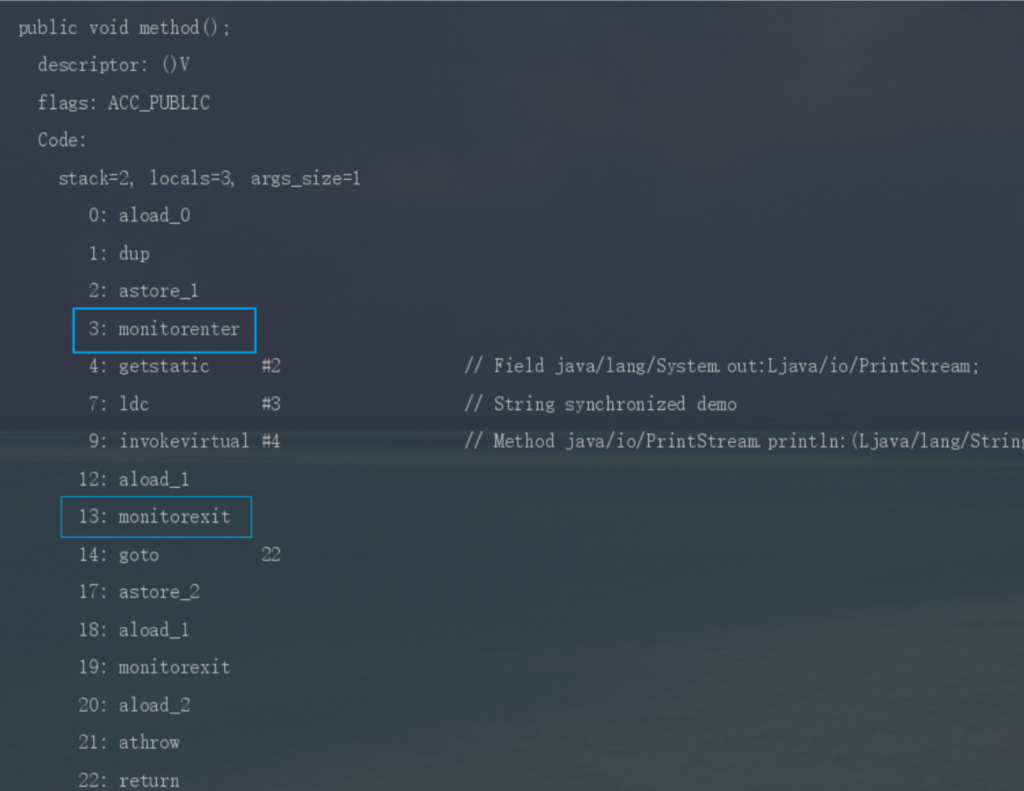
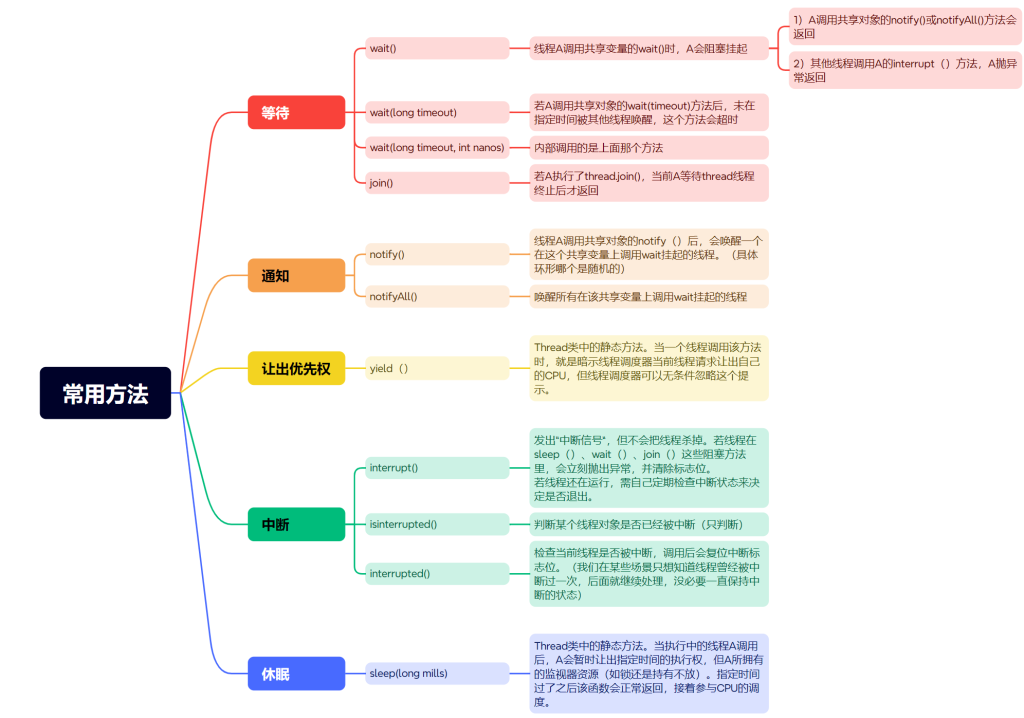
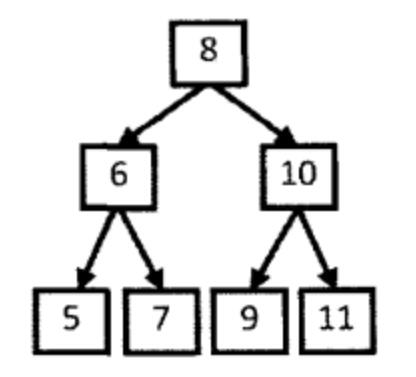
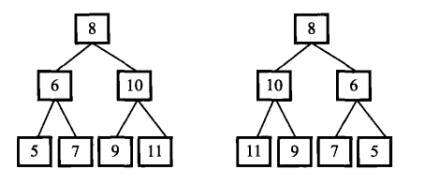

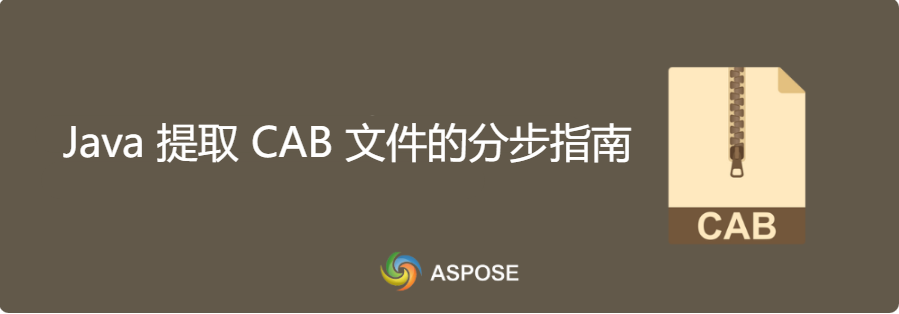

没有回复内容